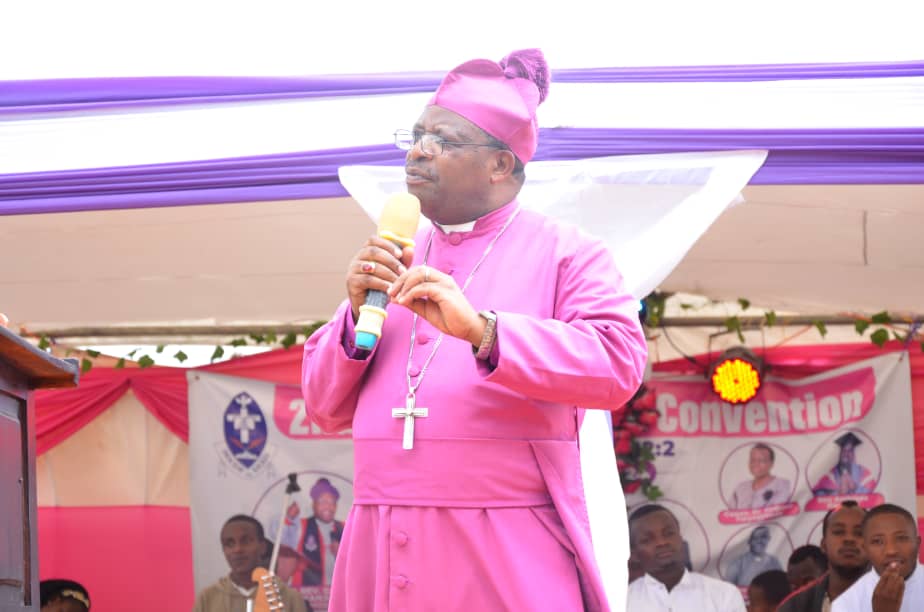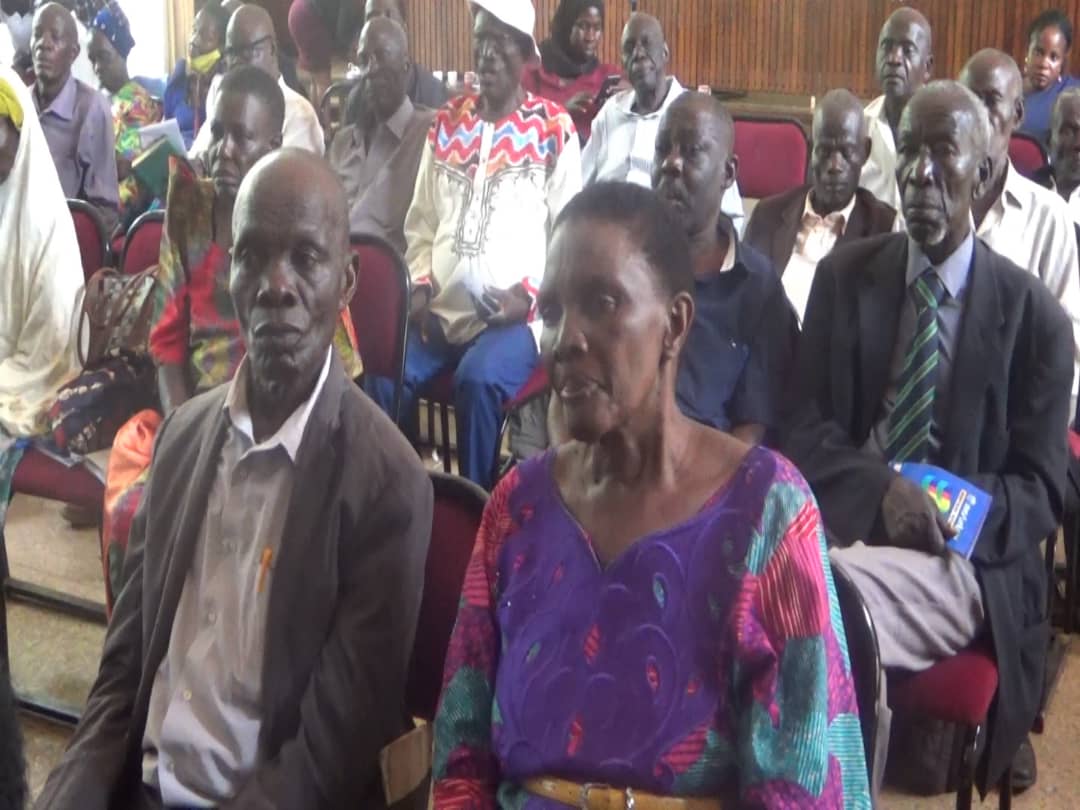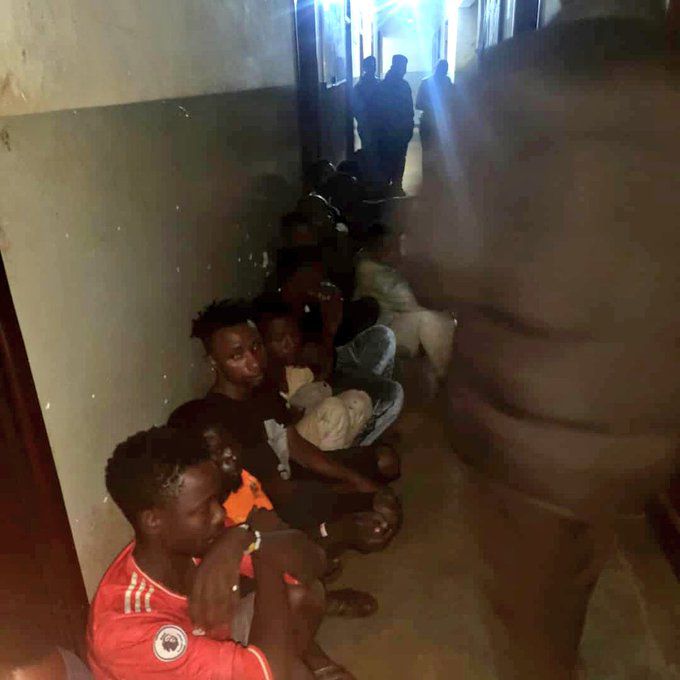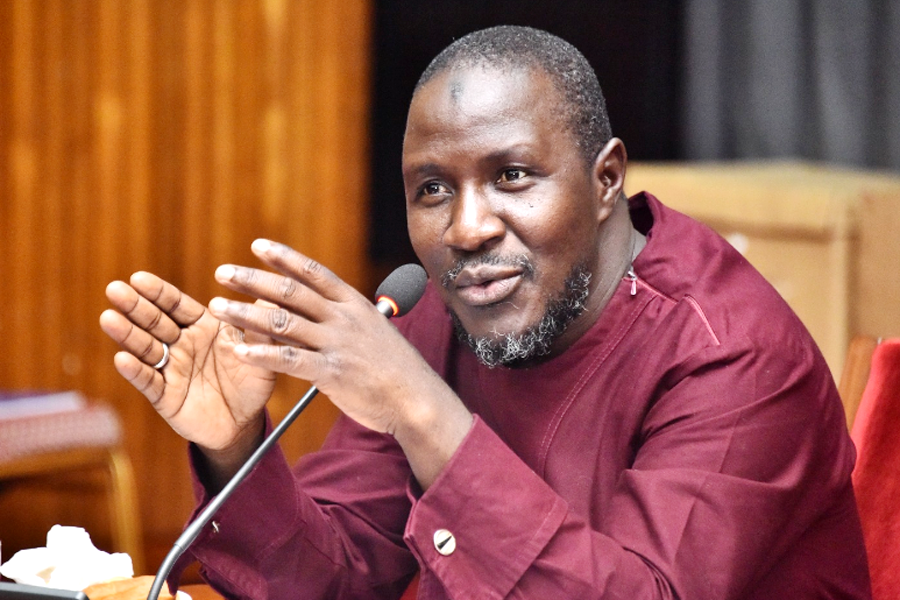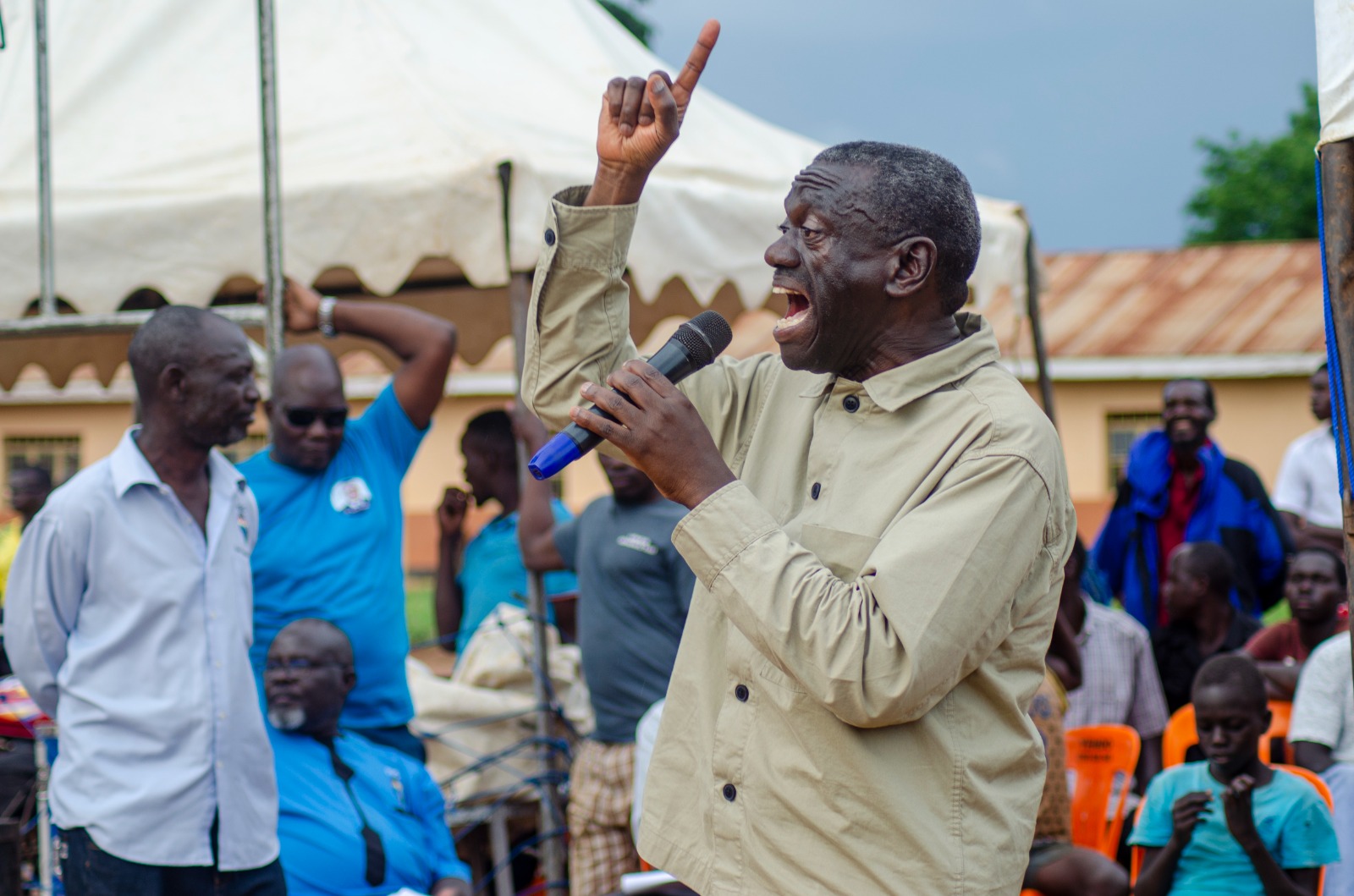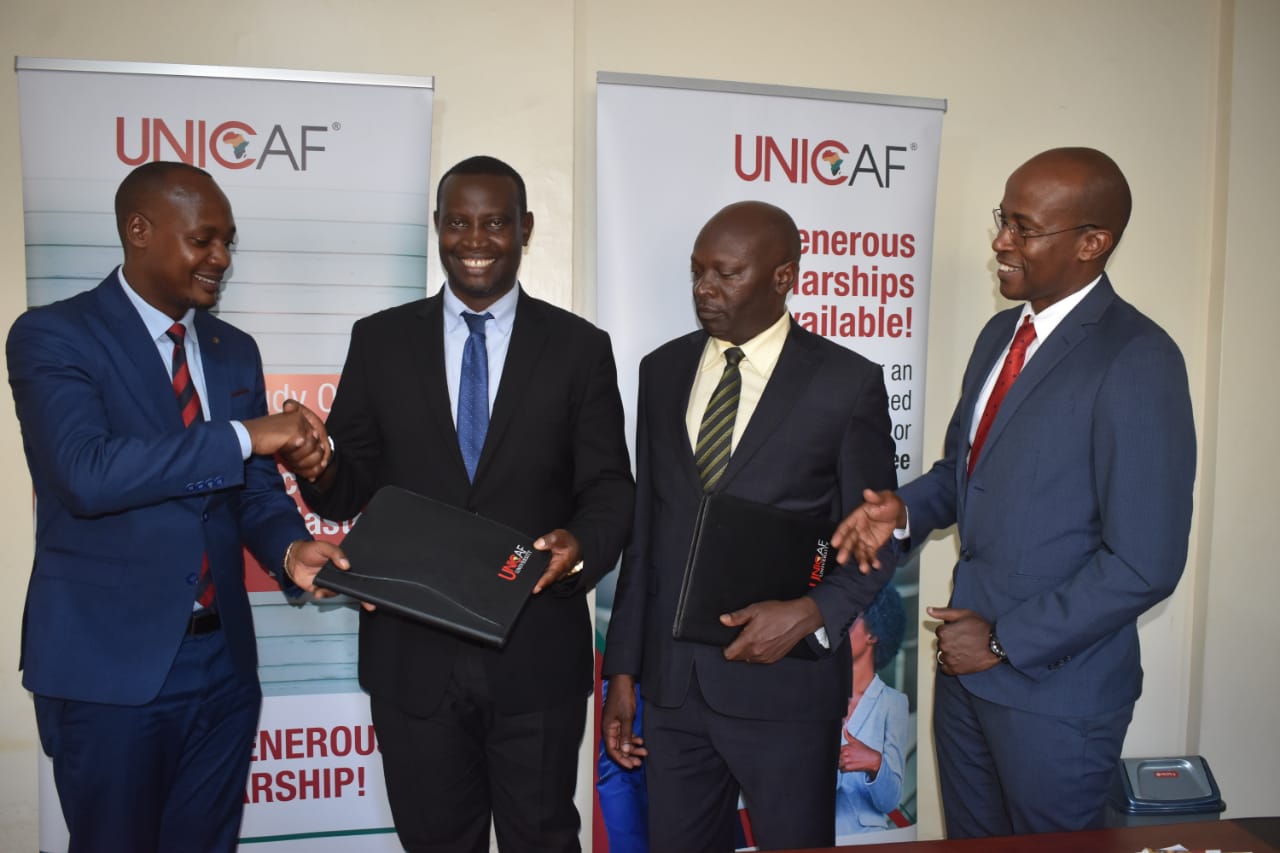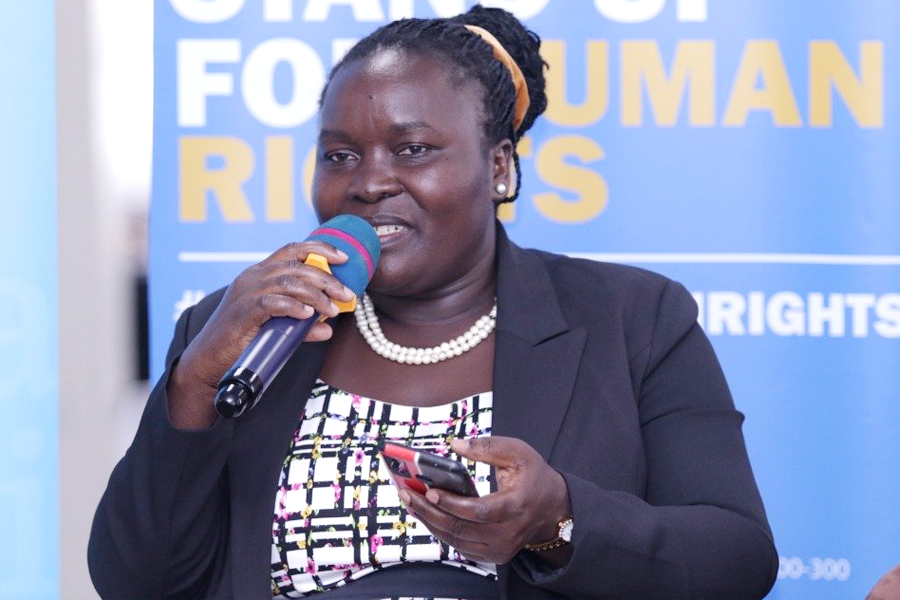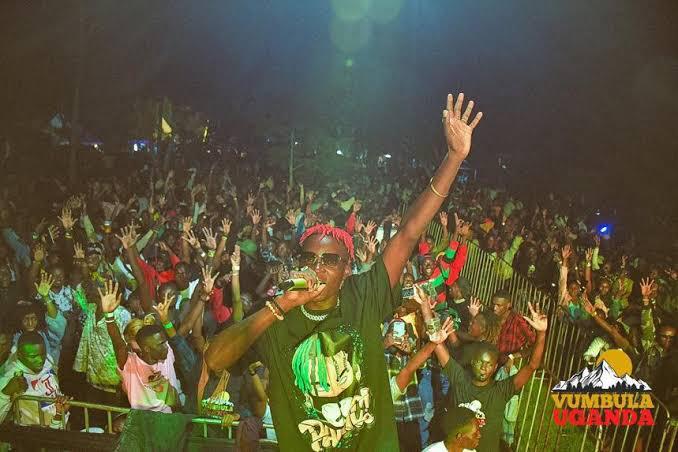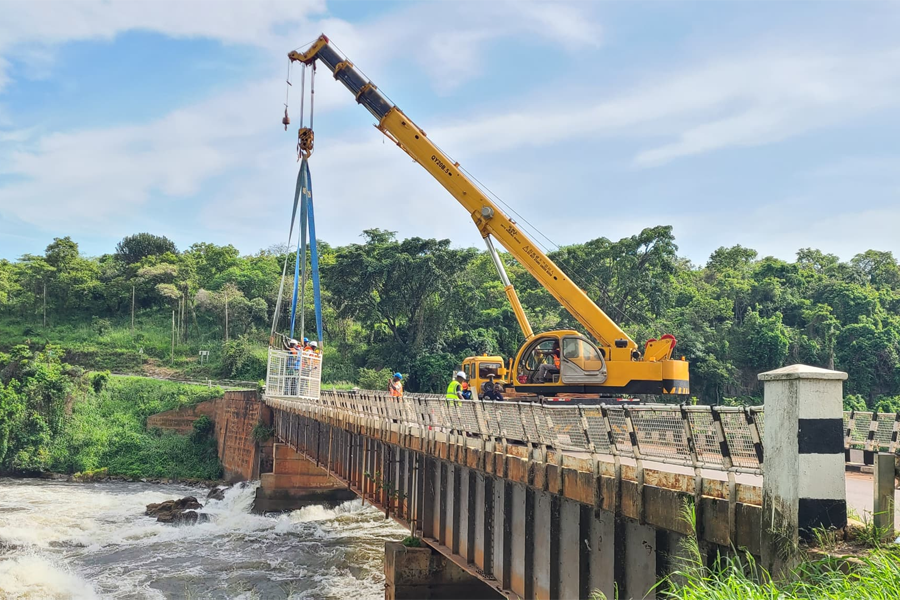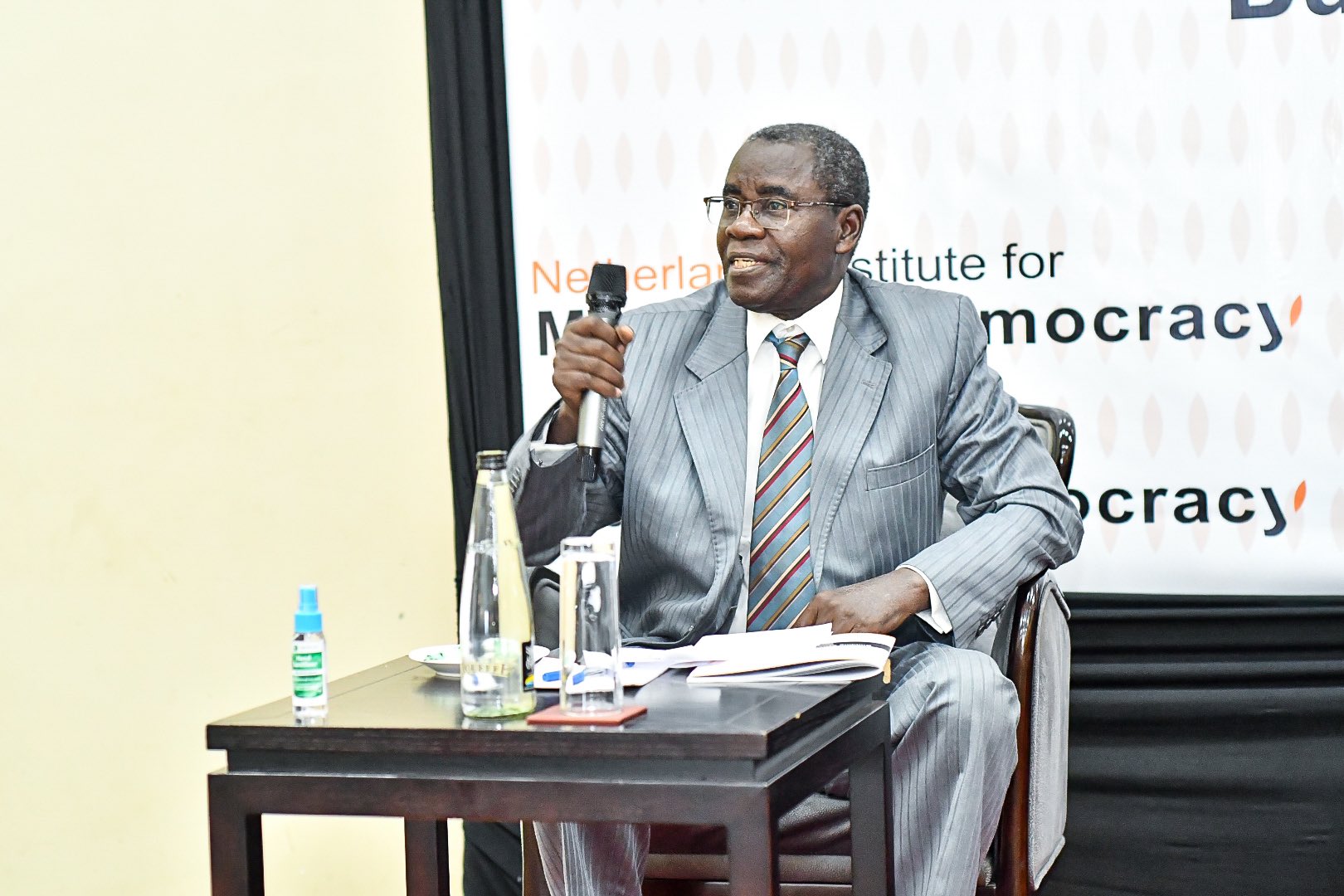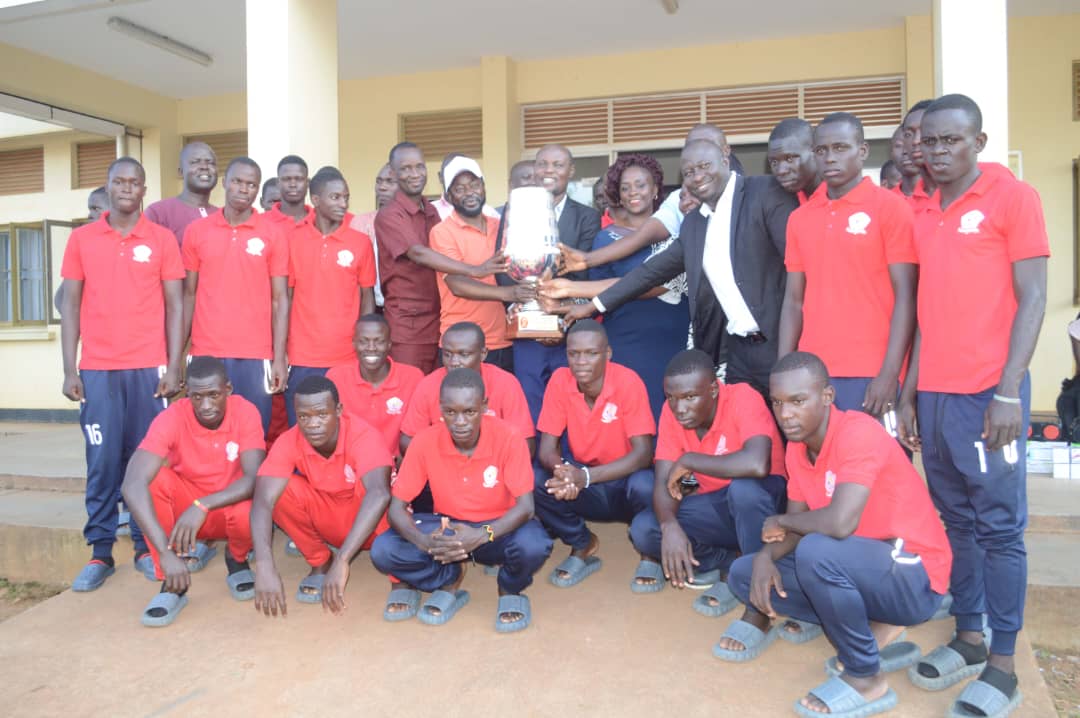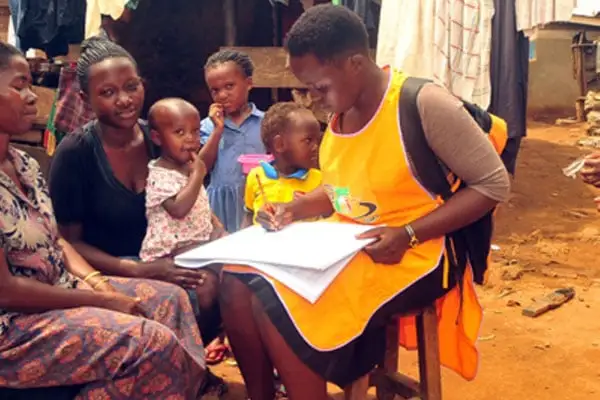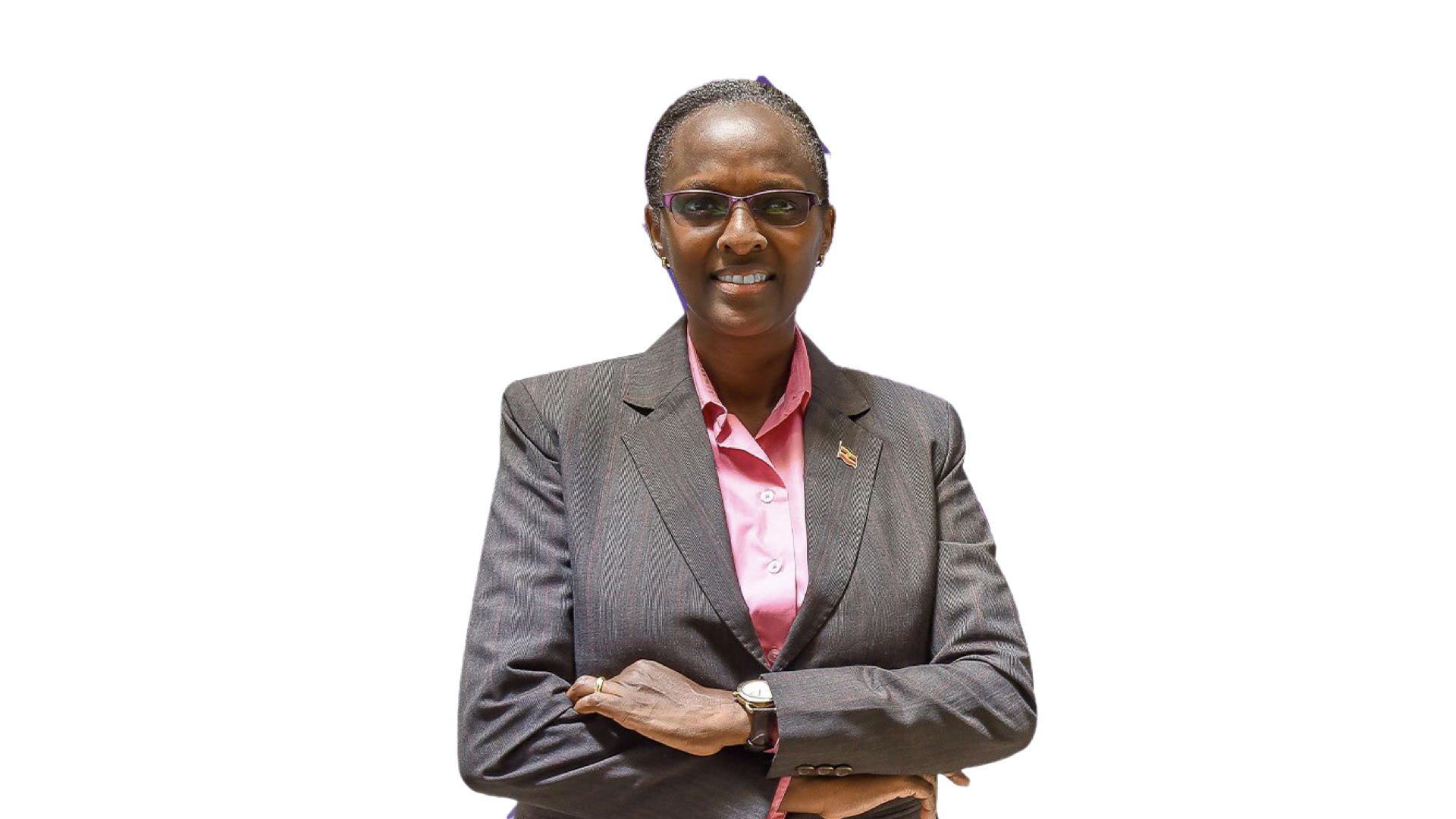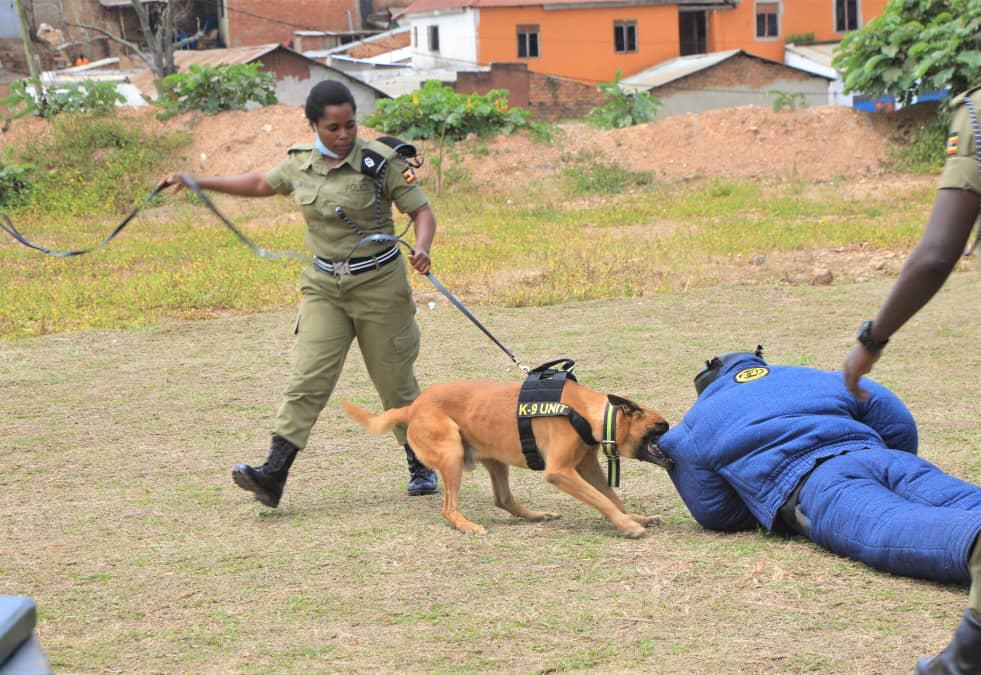2021 elections to cost tax payers Shs1 trillion
Government through the ministry of Finance, has embarked on a process of mobilising Shs700 billion meant for the 2021 general elections.
Officials from the Ministry of Finance and Local Government spent the entire day (Thursday) before the parliamentary committee on local government and public service, explaining their position on the private member’s motion on the creation of the Regional tier government.
Keep Reading
It was in this meeting that State Minister for planning, David Bahati informed committee members that government has planned to spend over Shs 700 billion for the organisation of the 2021 Presidential, Parliamentary and Local council elections.
“The figures we are receiving indicate around Shs700b for the general elections and we plan to allocate some resources in 2019/20 to allow the Electoral Commission for preparations,” Bahati said.
However, according to the Electoral Commission (EC), the Shs700billion is very many billions less than what they require and they indeed asked for.
EC spokesperson, Jotham Taremwa, the Commission requested for Shs1 trillion to be able to organise elections fruitfully.
“I don’t have the document, but I think the Shs700b is a bit less of what we presented.”
Government spent Shs 415b on the entire General Elections while the Development Partners contributed Shs.2.97b, this means that the Commission requires a more than 100 Per cent increment in their budget.
However, the EC claims that they are dealing with more polling stations, and besides there is a general increment in the prices of commodities which has pushed the budget higher.
The 2016 elections were covered in about 28,010 polling stations distributed in 112 Districts.
In September 2015, government created new districts, to be phased in four years. In July 2016, the first four districts; Kagadi and Kakumiro from Kibaale, Omoro from Gulu, and Rubanda from Kabale were created.
In July 2017; Namisindwa from Manafwa, Pakwach from Nebbi, Butebo from Pallisa, Rukiga from Kabale, Kyotera from Rakai and Bunyangabu from Kabarole were created.
In July 2018; Nabilatuk from Nakapiripirit, Bugweri from Iganga, Kasanda from Mubende, Kwania from Apac, Kapelyebong from Amuria and Kibuube from Hoima were created.
In July next year; Obongi from Moyo, Kazo from Kiruhura, Rwampara from Mbarara, Kitagwenda from Kamwenge, Madi-Okollo from Arua, Karenga from Kaabong and Lusot from Moroto will be created.
The new creations automatically mean addition on the polling stations by approximately 2000, hence a higher expense on elections.
Also, from 2016, to 2021, the number of voters is expected to rise from about 15million to 19 million.
“Since last elections, there has been an increase in the costs across the board, that has an impact on the budget,” Taremwa said.
A section of legislators has already objected to the ‘huge budget’, saying such staggering amounts are uncalled for.
“How realistic is the Shs700b, given the many challenges we have in Uganda; Our hospitals lack medicine, our schools need support, the money (shs700b) is on the higher side,” David Abala, MP Ngora County said.
“The same people that worked in the last elections are still around, the tools are also still around. Now Shs700b for what really?” Maurice Kibalya (MP Bugabula South) argued.
However, according to Bahati, the amount is only a cost for democracy.
“Democracy is not cheap, if you think it is expensive, try out other things like war and violence.”
Museveni factor?
President Museveni in 2016 spent approximately Shs773b, according to a report by Alliance for Campaign Finance Monitoring (ACFIM), a loose coalition of CSO activists.
Museveni’s expenditure in election has been on an increasing trend. At the beginning of January 2011, parliament allocated Shs85billion as supplementary to the presidency. The amount came at an opportune election time when Museveni was seeking a fourth term in office.
As part of the Ssh602b supplementary budget, each Member of Parliament (including opposition members) received a disbursement of USh 20 million (approximately US$8700).
Museveni and NRM’s expenditure in 2011 was up by 16 percent from the previous 2006 elections. With the political tide even higher, it is predictable Museveni will outspend both the Electoral Commission and the opposition.
Other expenditures
Museveni’s 2016 spending was followed by Amama Mbabazi, who is estimated to have used $19.9m (Shs66b) to obtain 1.36% of the vote in his first bid to presidency.
FDC flag bearer Kizza Besigye, who was the runner-up in the election, is estimated to have used $4.5m (Shs15b), notably though, Besigye collected Shs97m from his supporters.
The others spent as follows; Prof Venansious Baryamureeba $0.46m (Shs1.5b), Benon Biraaro $0.26m (Shs871m), Abed Bwanika $0.24(Shs841m), Joseph Mabirizi $ 0.13m (Shs435m) and Maureen Kyalya $ 0.02m (Shs67m).
Therefore, in total, an estimated Shs 2.4 trillion was spent by political parties and candidates that contested in the presidential and parliamentary elections.


